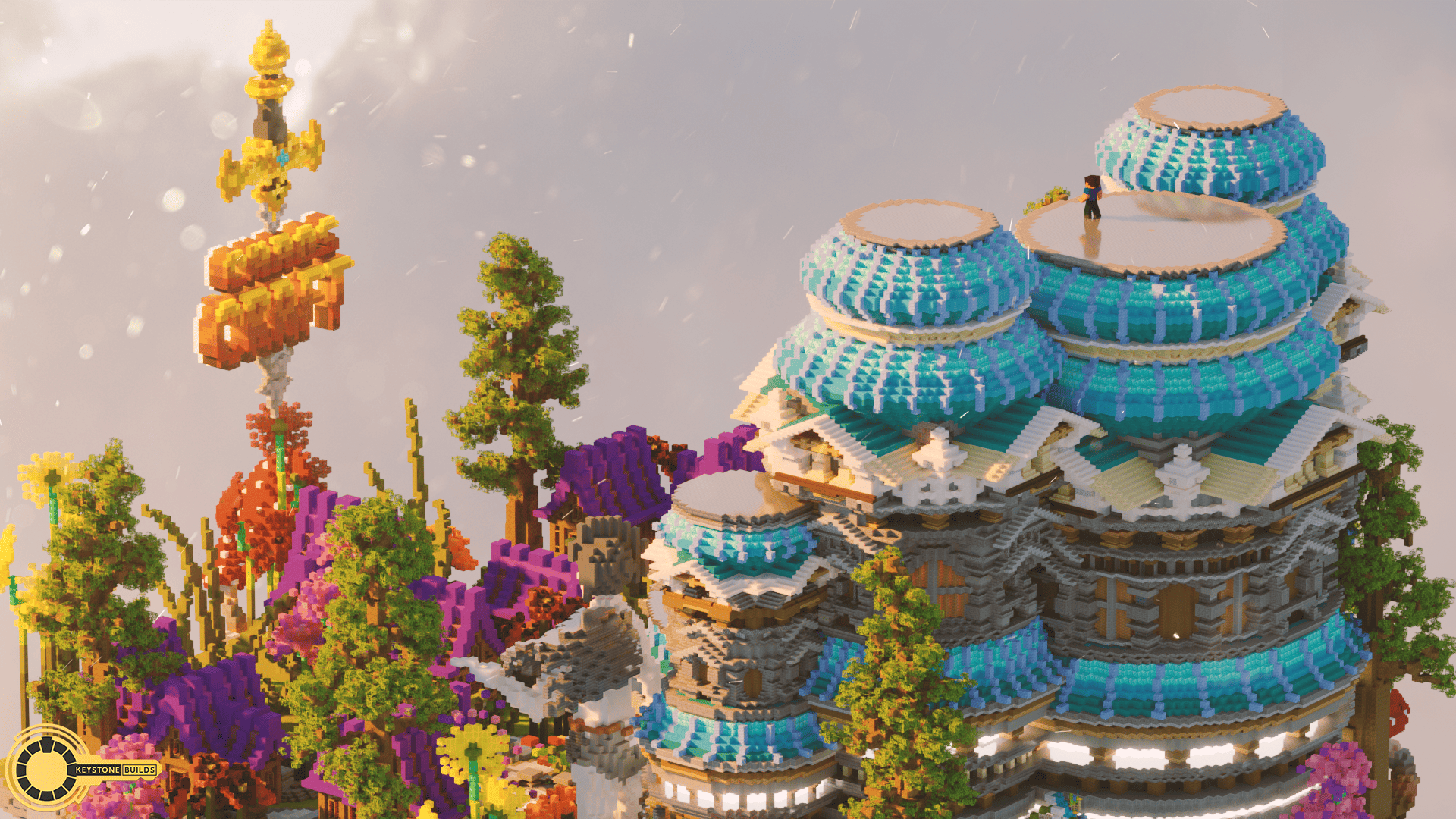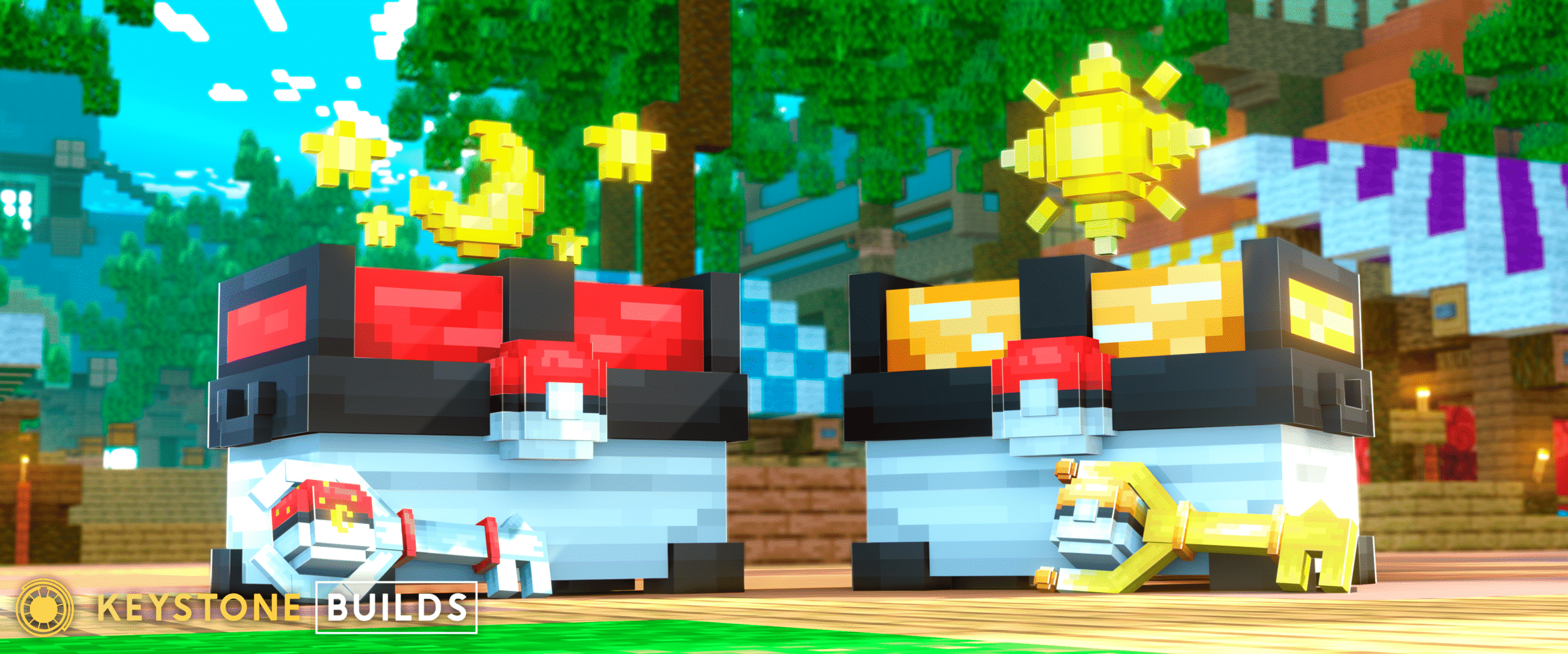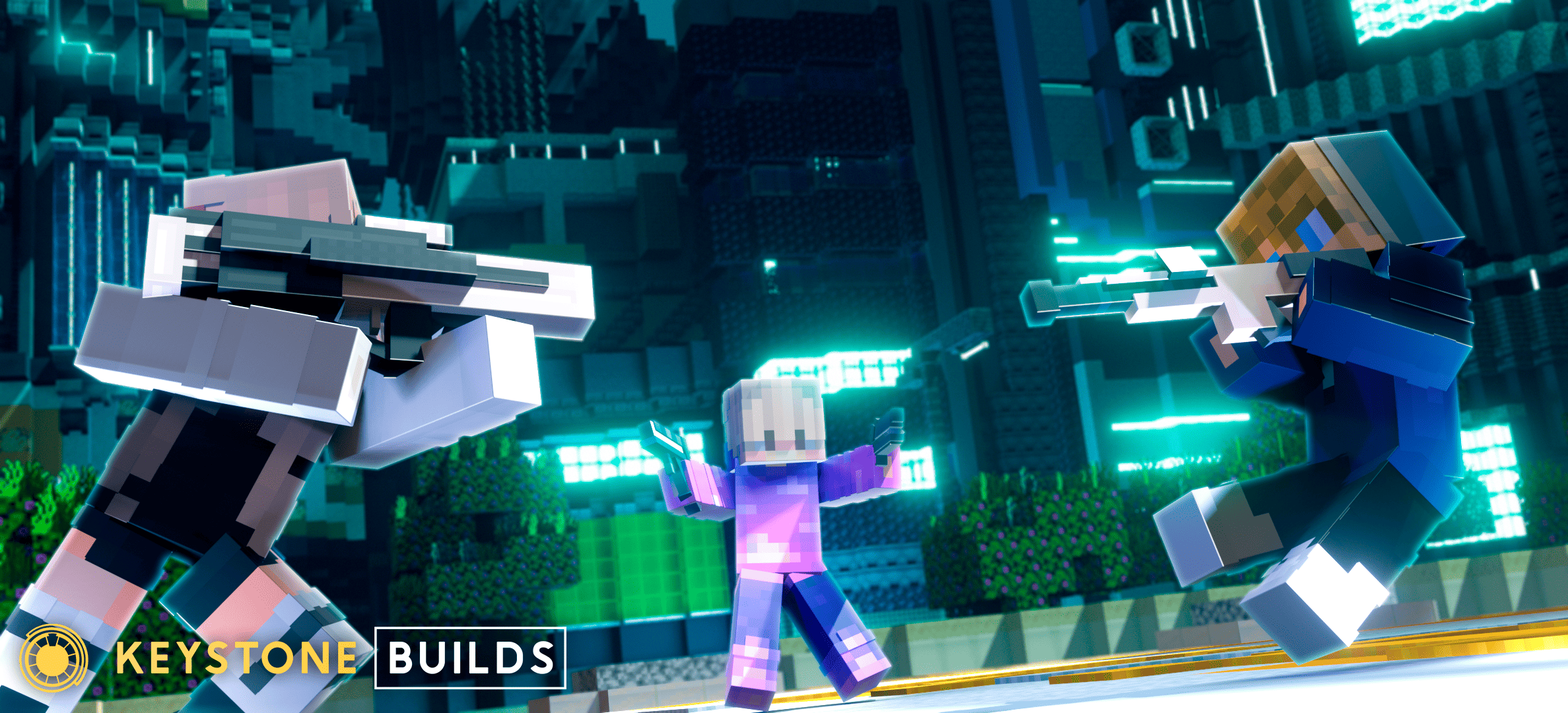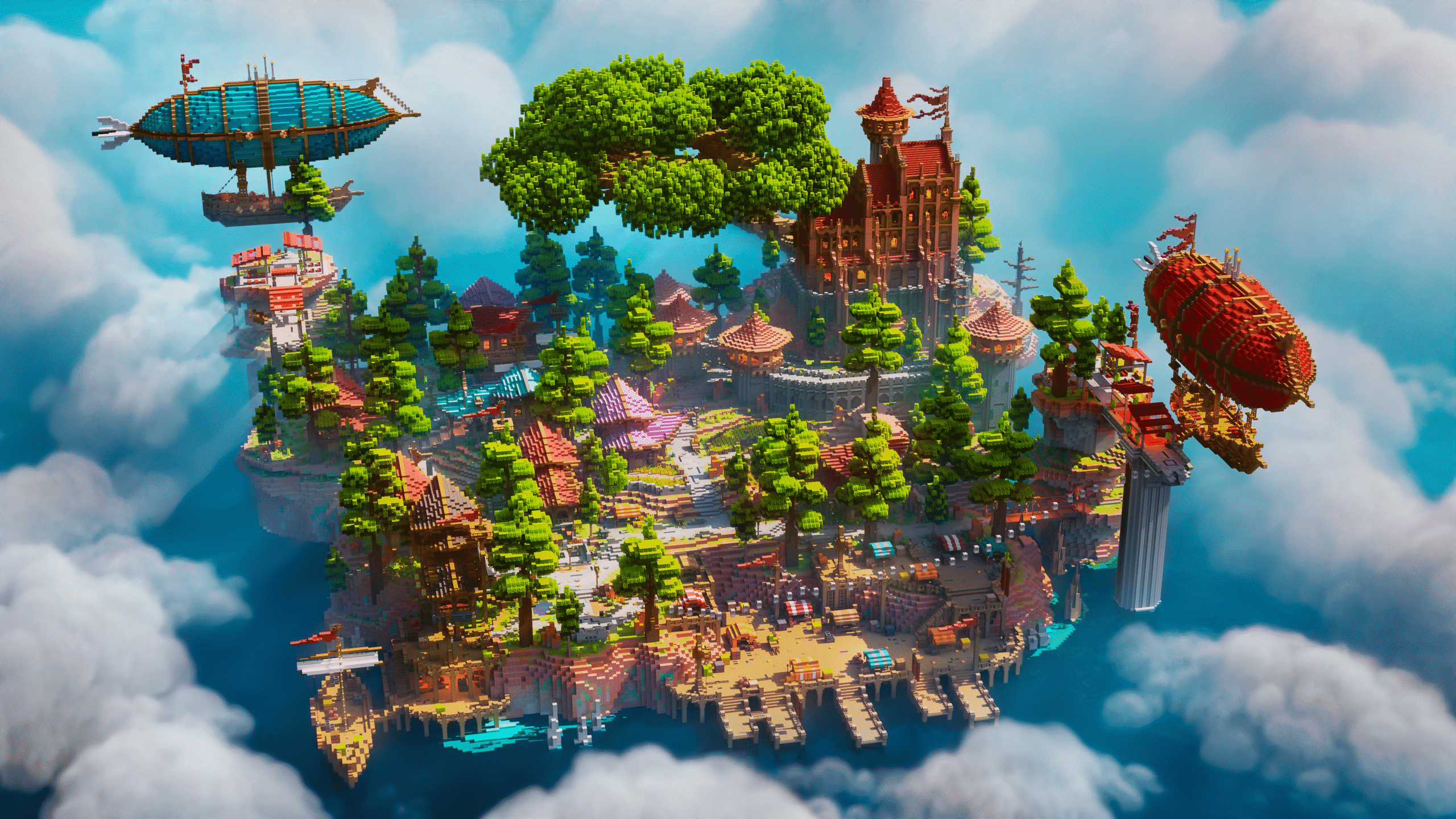Minecraft is one of the most successful video games of all time—but it’s also one of the most powerful creative platforms for building a real business. Over the past decade, thousands of individuals and teams have turned their Minecraft knowledge and passion into profitable ventures.
From server networks and map development to content creation and education, Minecraft offers more business opportunities than most games ever will. But what does that actually look like? And what paths are viable today?
In this article, we’ll explore whether it’s possible to make a business from Minecraft in 2025, what models actually work, and examine real-world examples of creators and studios that have turned Minecraft into sustainable income.
Why Minecraft Works as a Business Platform
Minecraft’s structure allows for deep customization, public engagement, and monetization across different roles—from backend development to creative worldbuilding. Because it’s both a game and a toolset, it supports a wide range of business models.
Key reasons Minecraft supports business creation:
- Massive global user base across both Java and Bedrock editions
- Modding, plugins, and server customization allow for original experiences
- Creative freedom for builds, maps, characters, and game mechanics
- Access to multiple monetization platforms, including YouTube, Patreon, Marketplace, and server stores
- Community demand for new content, experiences, and services
The low entry barrier combined with global reach makes Minecraft ideal for solo creators, small teams, or even startups focused on games, education, or media.
Real Minecraft Business Models
Below are the most common and proven ways people turn Minecraft into a business, each with real examples that show it can be done.
1. Minecraft Server Networks
One of the most obvious business models is running a public Minecraft server with in-game purchases. Many large multiplayer servers generate consistent monthly revenue from cosmetics, ranks, custom items, and premium access.
Key revenue sources:
- Ranks and subscription perks
- Cosmetic items and crates
- Access to exclusive minigames or features
- Donations or Patreon support
- In-game currency and microtransactions
Example: Hypixel
- One of the largest Minecraft servers in the world
- Offers custom minigames, seasonal events, and exclusive features
- Monetized through ranks, cosmetics, and a loyal player base
- Has grown into its own game studio (Hypixel Studios)
While not every server will become Hypixel, smaller servers with strong branding and gameplay design can still earn thousands monthly by serving niche communities well.
2. Minecraft Marketplace Creators
The Minecraft Marketplace (available on Bedrock Edition) allows approved creators to sell maps, skin packs, texture packs, and even custom content directly to players.
Why it works:
- Mojang handles the store infrastructure, payments, and moderation
- Content is discoverable from within the game itself
- There’s high demand for new maps, story-driven adventures, and cosmetic packs
Example: PixelHeads
- One of the most successful studios on the Minecraft Marketplace
- Known for their high-quality maps and model-based creations
- Have created dozens of official Minecraft releases
- Operate as a full-time studio working exclusively in the Minecraft space
Joining the Marketplace requires an application and strong portfolio, but once accepted, creators can scale quickly with regular releases.
3. Map Development and Commissions
Freelance builders and studios often take on custom build commissions for:
- Minecraft servers (spawns, hubs, arenas)
- YouTubers and content creators
- Educational institutions
- Events and marketing campaigns
Revenue sources include:
- One-time map sales
- Ongoing contracts for server work
- Licensing deals for exclusive rights
- Commission-based projects with milestone billing
Example: Keystone Builds
- A professional Minecraft build studio
- Sells pre-made maps and accepts custom commissions
- Works with clients ranging from hobby server owners to professional brands
- Offers Patreon access to monthly assets for server owners and creators
This model allows talented builders to turn creativity into consistent client work.
4. Minecraft YouTube and Content Creation
Many creators have built full-time careers creating Minecraft videos, from tutorials and playthroughs to cinematic showcases and short-form content.
Popular formats include:
- Let’s Plays and survival challenges
- Redstone tutorials or mod reviews
- Building showcases and inspiration videos
- Educational Minecraft series
- Comedy skits, roleplay, or machinima
Revenue sources:
- AdSense (YouTube partner program)
- Brand sponsorships
- Merchandise and product links
- Patreon and community support
- Affiliate marketing
Example: Grian
- Focuses on building tips, HermitCraft SMP, and creative challenges
- Known for high-quality editing and consistent style
- Has millions of subscribers and a dedicated fan base
- Leveraged content into merchandise, partnerships, and live appearances
Content creators can start with minimal tools and grow rapidly by finding a niche, posting consistently, and engaging with the community.
5. Minecraft Education and Workshops
Minecraft is also a popular tool in classrooms, coding camps, and online education platforms. With Minecraft Education Edition and modded tools like Code Builder, educators are using Minecraft to teach:
- Programming and logic
- Architecture and design
- History and geography
- Environmental science
- Collaboration and problem solving
Business models include:
- Running Minecraft-themed online courses or workshops
- Selling custom educational maps or curriculum packs
- Working with schools or educational tech companies
- Hosting in-person or virtual Minecraft camps
Example: Connected Camps
- Offers Minecraft-based coding and creative camps for kids
- Runs multiplayer servers with guided activities
- Monetizes through enrollment fees and ongoing subscriptions
This model is ideal for educators, developers, or organizations looking to combine Minecraft with curriculum design.
6. Minecraft Tools, Plugins, and Mod Development
If you’re technically inclined, developing plugins, mods, or tools for the Minecraft community can become a viable business.
Types of tools you can create:
- Spigot or Bukkit plugins for Java servers
- Forge or Fabric mods
- Bedrock behavior packs
- Schematic converters, server managers, UI systems
Monetization options:
- Premium plugin sales on sites like BuiltByBit or SpigotMC
- Licensing deals with servers or marketplaces
- Patreon access to early builds or private tools
- Support tiers for hosting, updates, and documentation
Example: MythicMobs
- A powerful custom mob and boss system plugin
- Used by thousands of Minecraft servers
- Offers free and premium versions, as well as a community for support
- Generates recurring revenue from licenses and Patreon
Plugin development offers strong long-term potential if you maintain the product, build a user base, and support community growth.
What You Need to Succeed
Turning Minecraft into a business isn’t about exploiting the game—it’s about providing value to a specific audience, consistently. Whether you’re building maps or making videos, success usually comes down to:
- Quality of your work
- Clear branding and messaging
- Consistency in output and updates
- Community engagement and feedback
- Understanding your niche and delivering for it
You don’t need to be a large company. Many Minecraft businesses started with one person building, recording, or designing something they loved—and growing from there.
Final Thoughts
Yes, you can absolutely make a business from Minecraft in 2025. The opportunity is still strong, especially for creators who offer unique, high-quality content and understand the needs of today’s players, educators, or server owners.
Whether you’re a builder, coder, educator, or storyteller, Minecraft gives you the creative space and tools to build something real—and to turn it into income. With low startup costs and massive reach, it’s one of the most flexible and rewarding creative platforms available.
Success won’t come overnight, but with the right combination of creativity, professionalism, and persistence, Minecraft can be more than a hobby. It can become a business—and even a full-time career.










